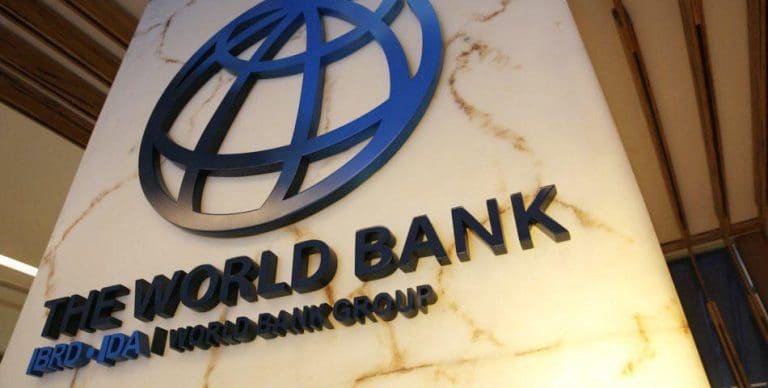The World Bank has approved a total of $745 million grant for two projects that aim to improve healthcare services and flood management in Ethiopia.
Ethiopia has been impacted by multiple crises including COVID-19, climate-related disasters, and devastating conflict.
These crises significantly disrupted the delivery of essential health services, says the World Bank, adding its recent assessment shows that floods cost the country nearly $358 million in damage to property, infrastructure, and cropland in 2020 alone.
To support Ethiopians facing the challenges, the World Bank says its Board of Executive Directors approved the two projects on Wednesday.
The first, Strengthening Primary Health Care Services Project, is financed through a $445 million grant and aims to improve essential and equitable health care services nationwide.
The bank says a third party will implement the project in the conflict-affected areas.
“The health project will provide over 22 million women and children, including those in conflict-affected areas and Internally Displaced Persons, lifesaving health services such as immunization, family planning, skilled birth, antenatal and postnatal care,” said Ousmane Dione, World Bank Group Country Director for Ethiopia.
“It will also restore facilities that were damaged by conflict, enabling millions of Ethiopians to get access once again to the services they direly need,” he added.
The Flood Management Project (FMP) financed by a $300 million grant also is expected to enhance Ethiopia’s resilience to climate-related shocks and improve its ability to manage disasters and flood risks.
“This investment in flood management is part of our effort to protect vulnerable communities and boost their long-term resilience to climate-related risks,” said Peter D. Ellis, Practice Manager at the Bank.
Nearly 34 million people living in poor communities in the priority basins of Awash, Omo, and Rift Valley Lakes basins are expected to benefit from FMP
MG/abj/APA


